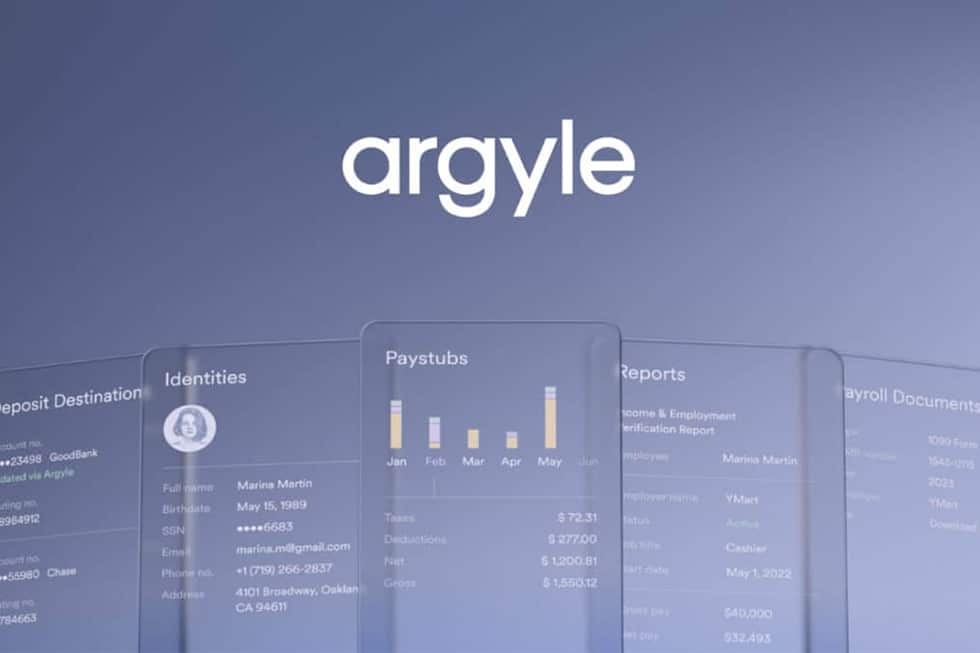In recent years, Non-Fungible Tokens (NFTs) have taken the world by storm, transforming how we perceive and interact with digital assets. Although people mostly associate them with digital art and collectibles, NFTs have rapidly evolved and expanded their reach. Their future is anything but limited.
NFTs are poised to revolutionize various industries, from music and gaming to fashion, real estate, and education. Imagine owning a digital concert ticket as an NFT, granting you access to a virtual live performance, or purchasing virtual real estate in a metaverse where digital land can appreciate in value just like physical property. NFTs are breaking free from traditional boundaries and venturing into uncharted territories.
Below, we break down how NFTs will continue revolutionizing digital assets and Web 3.
The metaverse is here to stay
The concept of the metaverse—a virtual universe where users can interact, socialize, and engage with digital environments—is gaining traction, and NFTs are playing a pivotal role in its development. Virtual worlds are no longer confined to the realms of gaming; they’re becoming places for social interaction, commerce, and creativity. NFTs enable users to own, trade, and customize their digital identities, including avatars, clothing, and accessories. Virtual concerts, conferences, and events incorporate NFTs for unique experiences and exclusive content. The metaverse is not just a vision of the future; it’s an evolving reality.
Additionally, NFT marketplaces continually evolve to provide enhanced user experiences, improved curation, and additional features. New types of marketplaces catering to specific niches or regions may emerge. Marketplaces will be crucial in connecting creators and collectors as the metaverse ecosystem grows.
Interoperability – NFTs in DeFi and across blockchains
As NFTs continue to gain popularity across various blockchain platforms, interoperability becomes a key focus. Efforts are underway to create bridges and standards allowing NFTs to move seamlessly between blockchains. This interoperability encourages liquidity and ensures that NFTs remain accessible and transferable regardless of the underlying blockchain. Imagine buying an NFT on Ethereum and using it in a virtual world built on the Polygon blockchain. The potential for cross-chain interactions is limitless.
NFTs will likely become integrated into the broader world of decentralized finance (DeFi). Users may be able to use their NFTs as collateral for loans, participate in yield farming, and engage in other DeFi activities. NFT lending platforms and fractional ownership models could offer new avenues for users to unlock the intrinsic value of their NFT holdings.
Proof of Stake and Layer 2 solutions lend sustainability
The environmental impact of blockchain networks, particularly those utilizing energy-intensive Proof of Work (PoW) consensus mechanisms, has raised environmental concerns. The future of NFTs may shift towards more energy-efficient blockchains, such as Proof of Stake (PoS) or Layer 2 solutions. Sustainability will be a key consideration for NFT projects as creators and users seek eco-friendly alternatives that minimize the carbon footprint.
The inevitability of regulation and compliance
As NFTs continue to gain mainstream adoption, regulatory oversight is inevitable. Governments and regulatory bodies are working to develop comprehensive frameworks that address issues such as consumer protection, taxation, and anti-money laundering (AML). While regulation introduces compliance challenges, it can also provide a sense of security and legitimacy to the NFT ecosystem. Regulation clarity can encourage institutional investors and larger enterprises to explore NFT opportunities.
Education and awareness will remain important
Education and awareness efforts will play a pivotal role in shaping the future of NFTs. Individuals will seek to understand the technology and its practical applications as NFTs become more mainstream. Educational institutions may incorporate NFTs into curricula related to art, design, technology, and blockchain.
The future of NFTs is a dynamic and ever-expanding landscape that extends far beyond digital art and collectibles. NFTs are poised to transform industries, redefine digital ownership, and shape our interactions with virtual worlds. As they continue to evolve, NFTs will offer opportunities and challenges that will define tomorrow’s digital economy. Whether you’re an artist, investor, or enthusiast, the NFT revolution invites you to explore, innovate, and participate in this exciting journey into the future.






